Air New Zealand has just announced, a little later than we predicted, a major investment by way of a commitment to acquire eight Boeing 787-10 Dreamliner aircraft. Each 787-10 will be powered by GE Aviation’s GEnx-1B engines. The financial commitment associated with this purchase, indicates the agreement represents US$2.7 billion value when stated at list price. Of course, as it normal a significant discount was received based on the size of the order.
The first Boeing 787-10 Dreamliner is expected to join Air New Zealand's fleet during 2022 and together they will have the potential to save 190,000 tonnes of carbon per year. It is expected to take until 2027 for all eight aircraft to be added to the fleet. A major highlight of the purchase is the fuel-efficient nature of the Boeing 787-10 Dreamliner in conjunction with GE Aviation’s GEnx-1B engines.
Air New Zealand’s widebody fleet currently consists of 13 Boeing 787-9s, eight Boeing 777-200s and seven Boeing 777-300 aircraft. A 14th Boeing 787-9 will enter the fleet later this year.
Christopher Luxon (Chief Executive, Air NZ) says the current Boeing 787-9s have proved to be the perfect aircraft for the airline’s Pacific Rim focus. “The 787-10 is longer and even more fuel efficient. However, the game changer for us has been that by working closely with Boeing, we’ve ensured the 787-10 will meet our network needs, including the ability to fly missions similar to our current 777-200 fleet.
“This is a hugely important decision for our airline. With the 787-10 offering almost 15 percent more space for customers and cargo than the 787-9, this investment creates the platform for our future strategic direction and opens up new opportunities to grow,” says Mr Luxon.
In addition to the eight firm orders announced today, the agreement includes options to increase the number of aircraft from eight to up to 20. The airline has also negotiated substitution rights that allow a switch from the larger 787-10 aircraft to smaller 787-9s, or a combination of the two models for future fleet and network flexibility. The delivery schedule can also be delayed or accelerated according to market demand.
These new long-haul aircraft will replace Air New Zealand’s fleet of eight 777-200 aircraft, which will be phased out by 2025. Combined with GE’s GEnx-1B engines, they are expected to be 25 percent more fuel efficient than the aircraft they’re replacing.
Mr Luxon signed the letters of intent with Boeing Vice President Commercial Sales and Marketing Asia Pacific Christy Reese and GE Aviation’s newly named Vice President of Global Sales and Marketing Jason Tonich at Air NZ’s headquarters in Auckland today.
Mr Luxon says, “Today’s news is incredibly exciting for our business and our customers as we continue to invest in the most innovative, sustainable and comfortable aircraft on the market and deliver on our commitment to grow our business sustainably.
“In connecting New Zealand with the world, we naturally offer a high proportion of long-haul flights, and these state-of-the-art aircraft will ensure we continue to operate one of the world’s youngest and most efficient jet fleets.”
Christy Reese, Vice President of Boeing Commercial Sales and Marketing for Asia Pacific says, “We are honoured to extend our deep partnership with Air New Zealand. This is a bold decision by the airline and will help carry forward the ambitions of Air New Zealand for many years to come.
“The 787-10 is the most efficient widebody in operation today with 25 percent better fuel costs per seat than the aircraft it replaces. In addition, the 787-10 has 95 percent commonality with Air New Zealand’s existing fleet of 787-9s and will provide the airline with added benefits in terms of capacity and overall operations.”
Jason Tonich, GE Aviation’s Vice President of Global Sales and Marketing says, “GE is honoured to be selected to power and support Air New Zealand’s new fleet of 787-10 aircraft with our GEnx-1B engines.
“The GEnx engine is the leading engine of choice on the Boeing 787 Dreamliner, with world-class utilisation, reliability and fuel efficiency that will benefit Air New Zealand and its customers,” says Mr Tonich.
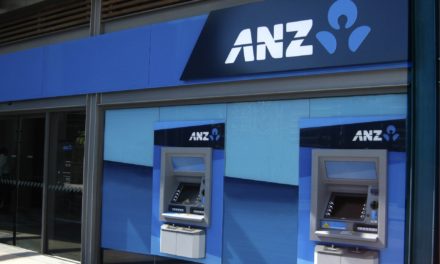

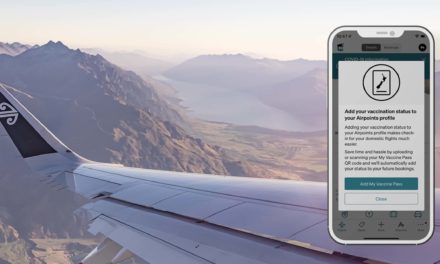

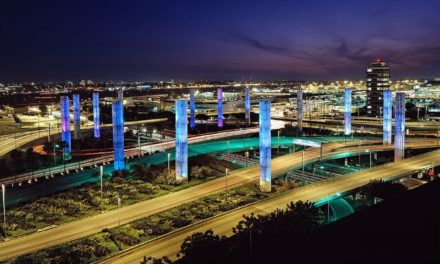

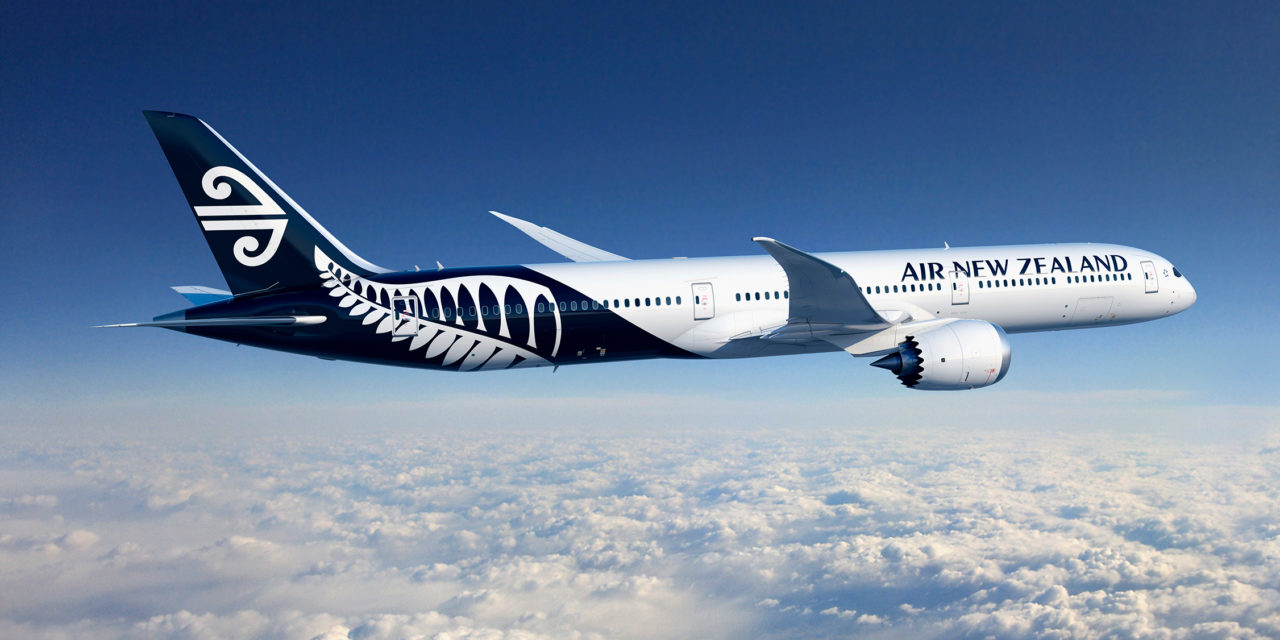
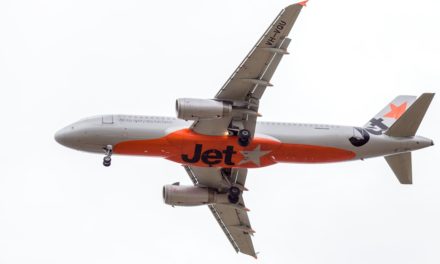
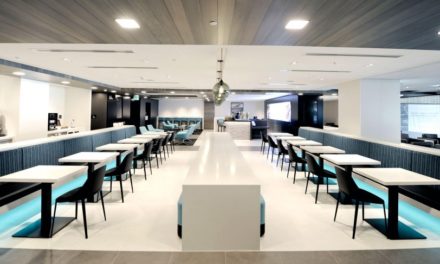
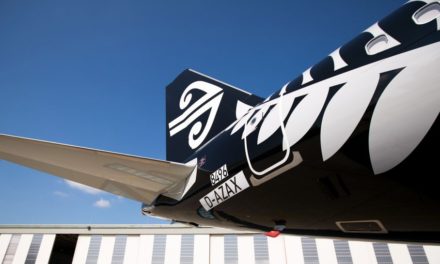
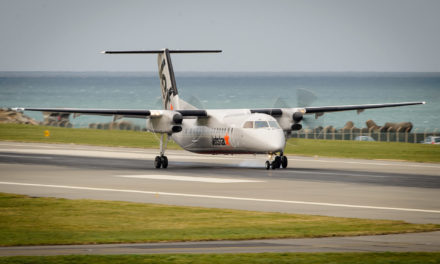
Home › Community › Air New Zealand picks the Boeing 787-10 Dreamliner